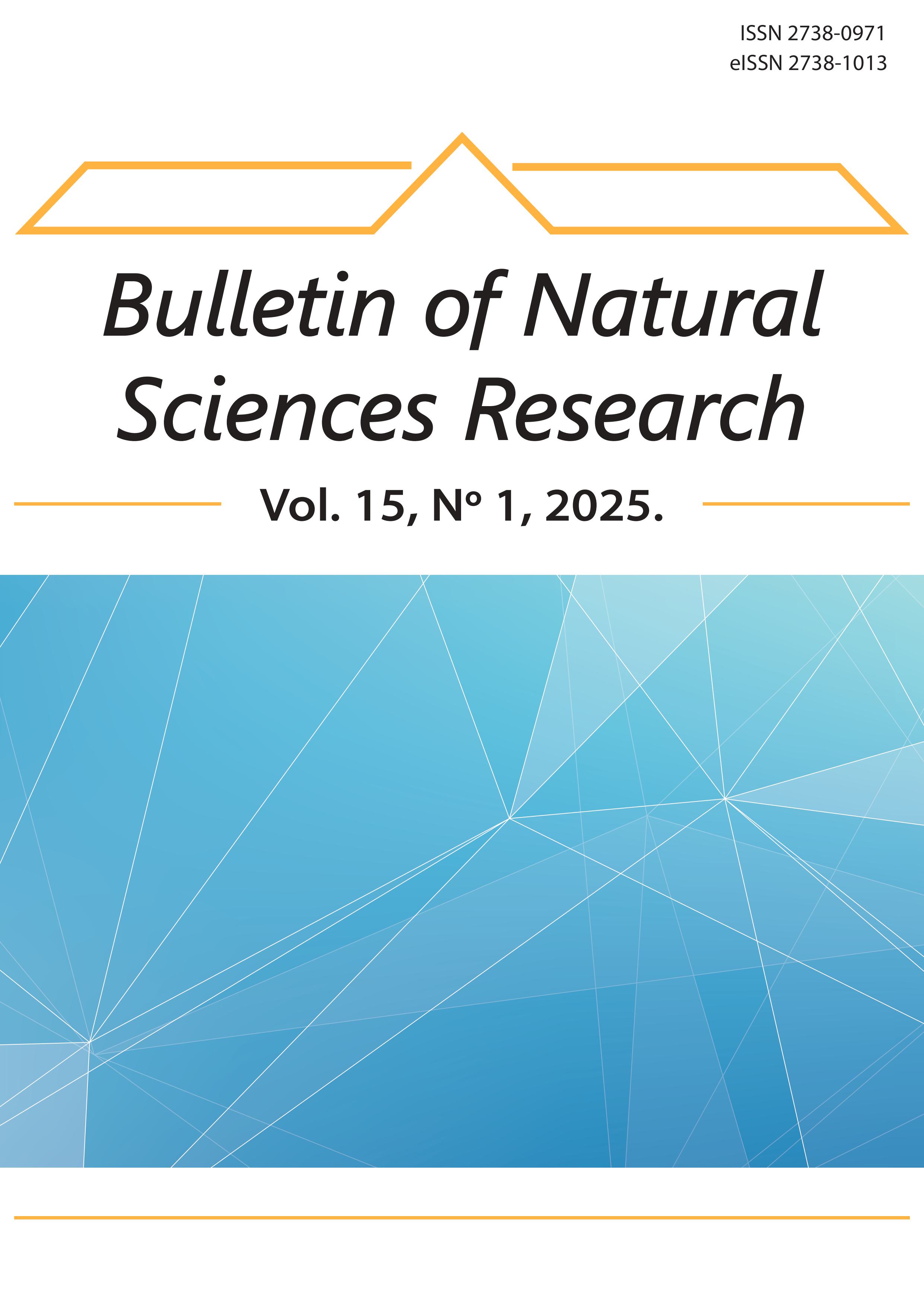SPECIFICITY OF GEOGRAPHICAL CONTENT FOR THE APPLICATION OF DEBATE IN GEOGRAPHY LESSONS
Abstract
Modern geography teaching involves a more intensive use of methods designed to encourage students to learn with reason, to think reasonably and to draw independent conclusions. One of the methods that can contribute to achieving the above goals is certainly the use of debate and its increased implementation in geography lessons. Debating is a form of dialogic method that involves a discussion between two teams and the exploration of a given topic through argumentative practice. The paper analyzes the content of geography lessons that can be learned through debating and its application in the classroom from a theoretical and practical perspective. The first part of the paper is devoted to the theoretical foundations of teaching methods, the conceptual definition of debate, the Karl Popper format and the rules that should be applied in classroom practice. The second part of the paper deals with the application of debate in geography lessons using a content analysis with concrete examples from the subject. The results of the paper show the importance of debate for the development of skills that students in Serbia lack, including argumentative reasoning, public speaking, collaboration and research skills.
References
Arcidiacono, F. & Bova, A. 2013. Argumentation among family members in Italy and Switzerland: A cross-cultural perspective. In: Y. Kashima, E. S. Kashima, R. Beatson (eds.), Steering the Cultural Dynamics, Melbourne: IACCP, pp. 167-174.
Branković, M., Buđevac, N., Ivanović, A. & Jović, V. 2013. Činioci razvoja viših nivoa čitalačke pismenosti – veštine argumentovanja u školskoj nastavi. Psihološka istraživanja, 16(2), pp. 141-158.
Brofi, Dž. 2004. Nastava. Beograd: Mala pedagoška biblioteka, Pedagoško društvo Srbije.
Brown, Z. 2015. The use of in-class debates as a teachin strategy in increasing students’ critical thinking and collaborative learning skills in higher education. Education futures, 7(1), pp. 157-163.
Buđevac, N. & Baucal, A. 2015. The role of argumentation in seven-year-olds joint comprehension of written texts. Teaching Innovations, 28(3), pp. 67-82.
Buđevac, N., Meršnik. M. & Baucal, A. 2020. The role of debate in teaching stem subjects – getting to know the students in a different way. In: Zacłona, Z. & Radovanović, I. (eds.), Educational space. Selected theoretical and practical approaches (pp. 74-82). State University of Applied Sciences in Nowy Sącz, Institute of Pedagogy, Poland; University of Belgrade, Teacher Education Faculty, Serbia.
Czech Debate Association. 2018. Karl Popper Debate Programme Rules. Available at: https://debatovani.cz/wp-content/uploads/2018/11/181119_KP-debate-programme-rules.pdf
Hall, D. 2011. Debate: Innovative Teaching to Enhance Critical Thinking and Communication Skills in Healthcare Professionals. The Internet Journal of Allied Health Sciences and Practice, 9(3), pp. 145-158.
Hrvatsko debatno društvo, 2021. Karl Popper debatni format. Zagreb.
Ivić, I., Pešikan, A. & Antić, S. 2001. Aktivno učenje. Beograd: Ministarstvo prosevete i sporta Republike Srbije, Institut za psihologiju, Ministarstvo za prosvetu i nauku Crne Gore.
Jovanović, S. 2019. Osnove ekološkog obrazovanja. Beograd: Univerzitet u Beogradu – Geografski fakultet.
Kaluđerović, Ž. 2014. Debata u nastavi. Knjiga apstrakata “Projekat debata kao nastavno sredstvo.” Novi Sad: Univerzitet u Novom Sadu – Filozofski fakultet.
Matas, M. 1996. Metodika nastave geografije. Zagreb: Hrvatsko geografsko društvo.
Mattes, W. 2007. Nastavne metode. Zagreb: Naklada Ljevak.
Muller Mirza, N., Perret-Clermont, A.-N., Tartas, V. & Iannaccone A. 2009. Psychosocial Processes in Argumentation. In: N. Muller Mirza, A.-N. Perret-Clermont (eds.), Argumentation and Education. Theoretical Foundations and Practices (pp. 67-90). New York: Springer Science + Bussines Media.
Pontecorvo, C. & Arcidiacono, F. 2014. Social interactions in families and schools as context for the development of spaces of thinking: In: T. Zittoun, A. Iannaccone (eds.), Activity of thinking in social spaces (pp. 83-97). New York, NY: Nova Science Publishers.
Prodanović, T. 1956. Problem određivanje pojma nastavne metode i njihove klasifikacije, Beograd.
Roders, P. 2003. Interaktivna nastava. Beograd: Univerzitet u Beogradu-Filozofski fakultet, Institut za pedagogiju i andragogiju.
Terhart, E. 2001. Metode poučavanja i učenja – uvod u probleme metodičke organizacije poučavanja i učenja. Zagreb: Educa.
Vizek-Vidović, V. et. all. 2003. Psihologija obrazovanja. Zagreb: IEP-VERN.
Vranković, B. 2014. Nastavne metode i postignuća učenika osmih razreda iz geografije u zadacima uz grafičke priloge. Acta Geographica Croatica, 39, pp. 77-98.
Živković, Lj., Jovanović, S. & Rudić. V. 2015. Metodika nastave geografije. Beograd: Srpsko geografsko društvo.
Authors retain copyright and grant the journal right of first publication with the work simultaneously licensed under a Creative Commons Attribution License that allows others to share the work with an acknowledgement of the work's authorship and initial publication in this journal.

